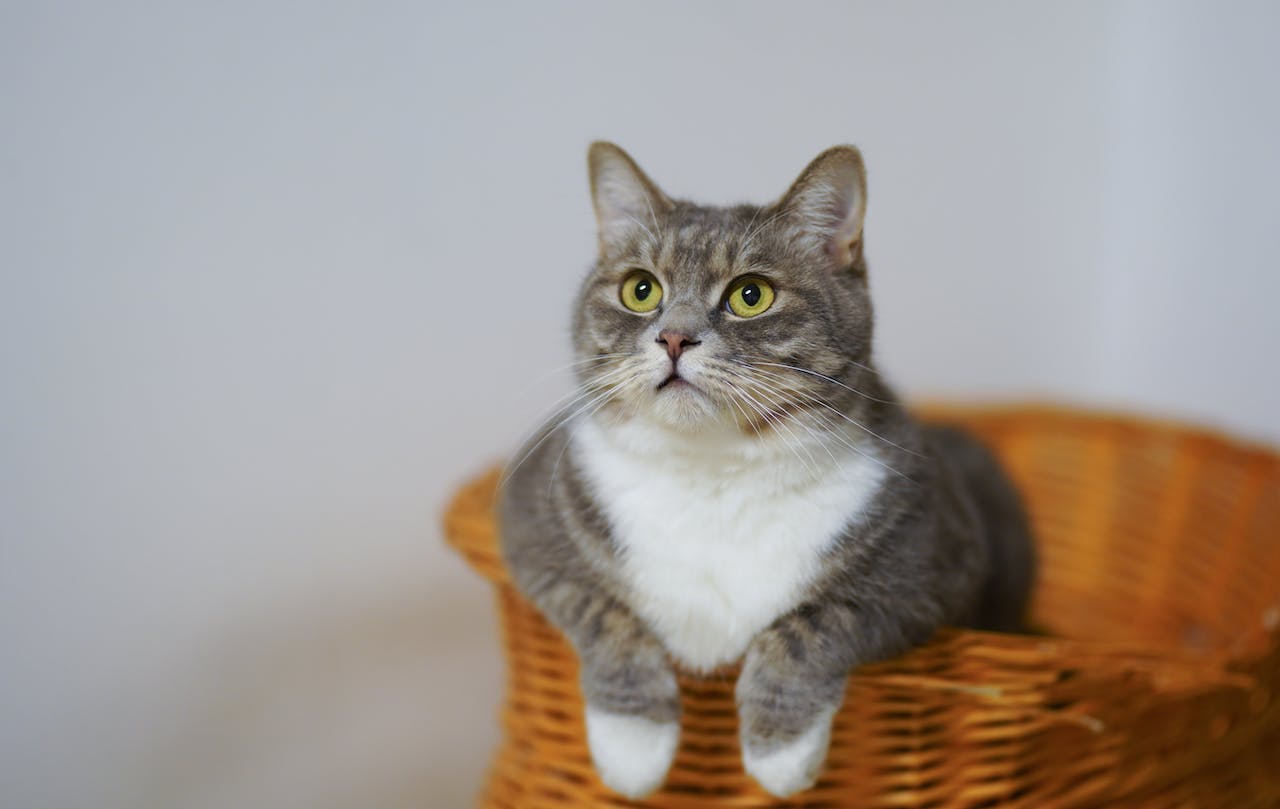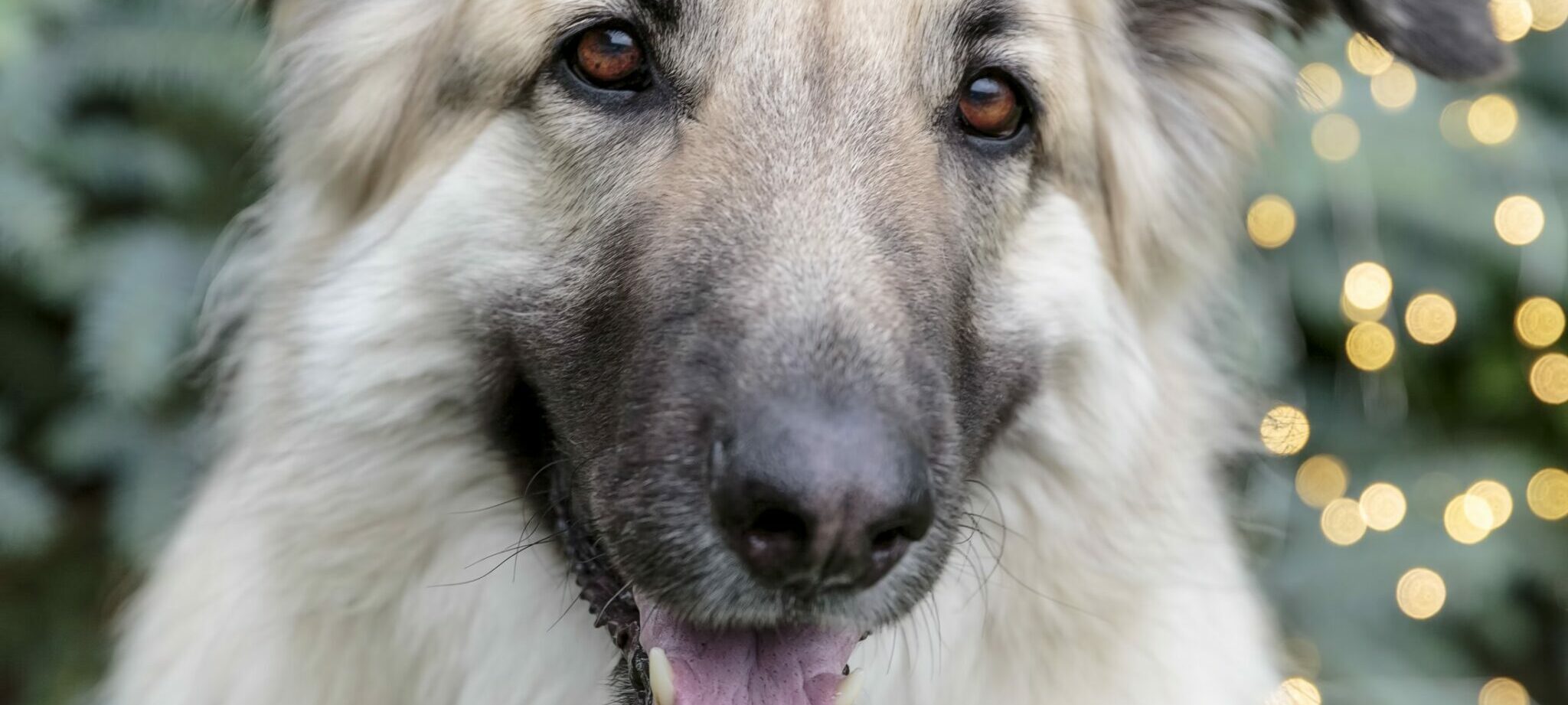
21 Dec Dental Procedures and Post-Anesthesia Recovery for Pets
One of the most common questions we receive during the time of consultation is, “What is the post-anesthesia recovery for pets?” While anesthesia, recovery from anesthesia, and post-operative healing look different for every patient, there are a few key details that are useful in ensuring a smooth recovery after oral surgery.
The post-operative phase is technically 48-72 hours after anesthesia.
This means that although your pet is no longer under anesthesia, the effects of the anesthetic drugs and inhalant may last for 2-3 days after. This may look like dysphoria for a short period of time (not being aware of their surroundings/what is going on), changes with their gait/walk, and alterations in their normal attitude and appetite. However, any prolonged inappetence or significant changes in behavior should be brought to the attention of your oral surgeon or primary care veterinarian.
Post-operative nausea
One of the biggest complaints from humans post-anesthesia is the nausea. We assume that this means many pets may also be nauseated after anesthesia. This can drastically affect their appetite and willingness to eat. As pets heal from oral surgery, the faster they return to a full appetite, the faster they typically rebound to their normal selves. Also, pets with concurrent illnesses or those at risk of disease with inappetence/anorexia, need to return to normal caloric intake sooner than later. If your pet goes more than 12-24 hours without eating post-operatively, it is imperative that you let your veterinarian know as soon as possible.
Post-operative bleeding or mild discharge
Some bloody saliva, and even possibly a small amount of nasal bleeding, may be completely normal depending on the oral surgery performed or the extent of your pet’s disease. However, consistent bleeding or significant swelling would be a concern.
Respiratory Rate & Effort
Although many patients will be sent home with or have a prolonged opioid for post-operative pain, any change in respiratory effort (how hard they are working to breath) should be considered abnormal. A slightly sedated pet may have a slightly slower respiratory rate (number of breaths per minute), however, it should appear as they normally would when resting/sleeping. If your pet shows increased effort or difficulty breathing, contact your vet, your oral surgeon/dentist, or your local ER clinic as soon as possible.
Constipation
Many pets appear to have slightly delayed bowel movements post-operatively. This is often due to decreased food intake the day of surgery as well as medication administered around the time of surgery that can lead to decreased intestinal movement. It is extremely rare for pets to become truly constipated after oral surgery or a dental procedure.
Water Intake & Food
Canned dog and cat food is extremely high in water content. Additionally, if you are adding water to their dry kibble in order to soften it, this increase in water intake through their food often is enough to maintain hydration. The key is to monitor their activity/attitude with water intake. If your pet is otherwise seemingly fine, they are likely well hydrated. However, if your pet is hiding, sluggish, or seems depressed please contact your veterinarian or oral surgery team.
Oral sutures
Oral sutures dissolve on their own. Most often the surgical suture of choice allows for a quick dissolution in approximately 2 weeks. Sutures can be irritating to the gums but also to the patients if they can feel them more than normal. This is also true as they begin to dissolve. Dissolving sutures become looser and may become more noticeable. If your pet’s gums or sutured areas seem more inflamed, do not hesitate to contact your dentist/oral surgery team.
Oral Swelling
Post-operative oral swelling is extremely common. This degree of swelling will be different for each patient depending on breed, age, disease process, and amount of oral surgery. Most often, swelling resolves on its own within a few days. Ice packing and non-steroidal anti-inflammatory drugs can help. However, if swelling appears much later in the healing process, this may be abnormal or a sign of delayed wound healing.
Decreased socialization
Many pets may have a decreased desire to socialize immediately after anesthesia or oral surgery. If your pet is eating and drinking well, but simply hiding or less interactive, this will likely resolve in a day or two. However, if the hiding/decreased interactions are leading to significant reductions in food intake, please contact your veterinarian or dentist/oral surgeon.
Most pets recover much better than we expect them to!
Many of our patients, even those with severe oral disease or significant oral surgery tend to bounce back very quickly. We are fortunate that dogs and cats are extremely resilient. Moreso, their degree of pain may have been significantly worse before surgery despite the amount of oral surgery they undergo. Don’t forget, if you have any questions about post-anesthesia recovery for pets, give our team a call and we would be happy to answer any of your concerns!
Photo by Cats Coming from Pexels


